Best natural mosquito repellents
Find out how to ward off mosquitoes without exposing your skin to harsh chemicals.
Updated on December 6, 2024
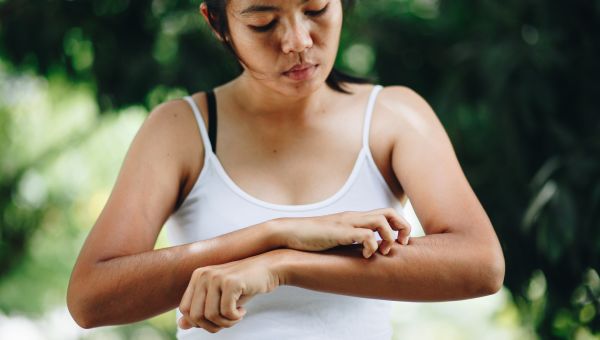
While warm-weather outdoor activities like camping, hiking, and backyard barbecues are a lot of fun, chances are you may end up dealing with something unpleasant: mosquitoes. They can turn a perfectly good time into an uncomfortable, itchy nightmare. Not to mention, mosquitoes can carry diseases like Zika and West Nile virus.
You could reach for some DEET, which has been found to be both safe and effective at repelling mosquitoes. But you may also be wary of putting pesticides on your skin—or your child’s. If you are seeking to avoid chemical exposure, here are five natural mosquito repellents you may want to consider.
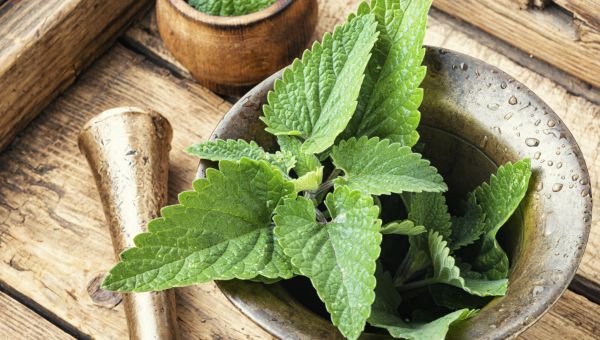
Go Herbal
Want a natural bug repellent that you can grow in your very own garden? Try lemongrass. It has high levels of citronellal, a chemical compound that gives the herb a lemony scent. It possesses a flavor that mosquitoes find unpleasant. Just crush some lemongrass in your hand and rub it on your skin.
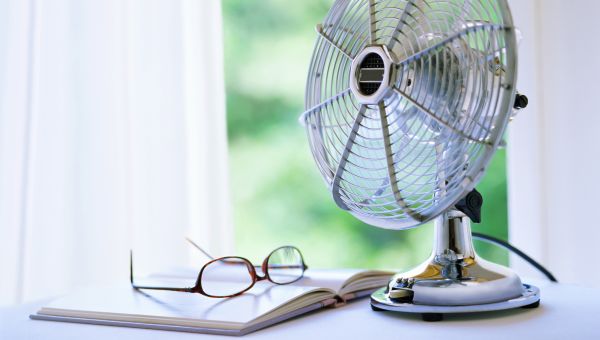
Harness the Power of Wind
Here’s a simple trick to deter mosquitoes and cool you off at the same time: Turn on a fan. Some past research has found that using fan-generated wind helped keep mosquitoes away. Why? Mosquitoes are attracted to carbon dioxide, the chemical compound you emit every time you exhale. Fans help dissipate carbon dioxide, which in turn may make you less appetizing for mosquitoes. Wind may also help prevent mosquitoes from landing on you in the first place.
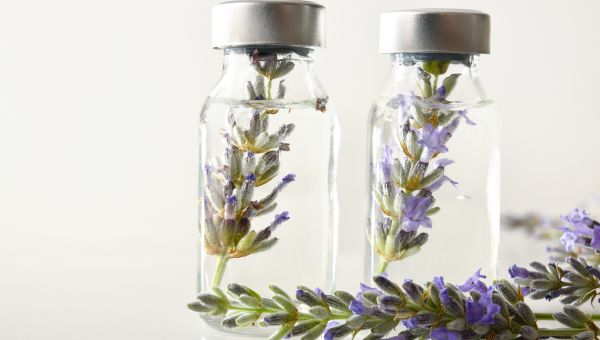
Oil Up
Try making your own bug repellant by mixing essential oils with water and spraying it onto your skin. Choose oils from:
- Citrus fruits like oranges or lemons, which provide the active compound limonene
- Geranium, which contains the compound geraniol
- Rosemary, which contains the compound 1,8-cineole
- Cloves, which contain the compound eugenol
These compounds have all been found to help keep mosquitoes away.
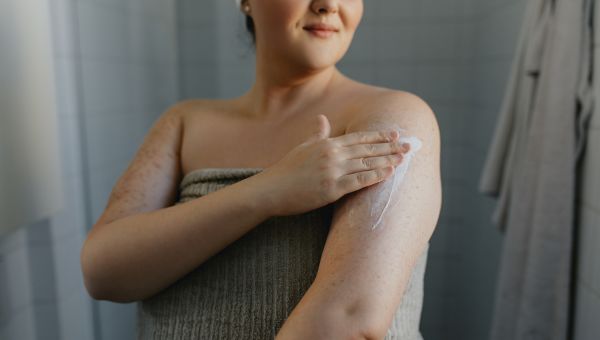
Pass on Perfume
If you smell sweet to others, chances are you also smell sweet to mosquitoes. Floral scents tend to be the most appealing to them. So, skip the perfume and opt for scent-free soaps, lotions, and deodorant. You might not smell as great, but you may cut back on bites.
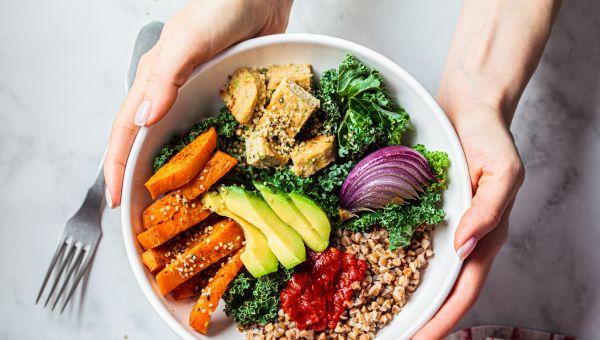
Change Your Diet
Think you’re a mosquito magnet? It could be due to your diet. Some research has shown that mosquitoes are attracted to people who’ve consumed beer, as well as those who’ve been eating bananas. More studies are needed to find out if all alcohol will draw mosquitoes, or if beer is uniquely attractive to these pests.
It's worth noting that a 2021 review published in Current Research in Parasitology & Vector-Borne Diseases dispels the myth that consuming either garlic or vitamin B will help; neither seem to have any effect on mosquitoes.

Centers for Disease Control and Prevention. Zika virus overview. Page last reviewed October 7, 2019.
Centers for Disease Control and Prevention. West Nile virus. Page last reviewed June 13, 2023.
Centers for Disease Control and Prevention. Prevent Mosquito Bites. Page last reviewed November 2, 2022.
Zam W, Quispe C, Sharifi-Rad J, et al. An Updated Review on The Properties of Melissa officinalis L.: Not Exclusively Anti-anxiety. Front Biosci (Schol Ed). 2022 Jun 7;14(2):16.
Iovinella I, Caputo B, Cobre P, et al. Advances in mosquito repellents: effectiveness of citronellal derivatives in laboratory and field trials. Pest Manag Sci. 2022 Dec;78(12):5106-5112.
Farmer’s Almanac. Mosquito-Repelling Plants: Fact Or Fiction? November 8, 2023.
Hoffmann EJ, Miller JR. Reassessment of the role and utility of wind in suppression of mosquito (Diptera: Culicidae) host finding: stimulus dilution supported over flight limitation. J Med Entomol. 2003 Sep;40(5):607-14.
da Silva MRM, Ricci-Júnior E. An approach to natural insect repellent formulations: from basic research to technological development. Acta Trop. 2020 Dec;212:105419.
More On


video

article

slideshow


video


video
